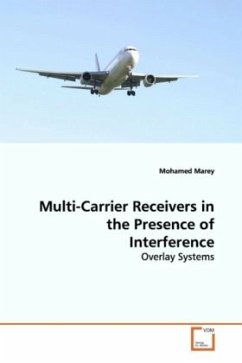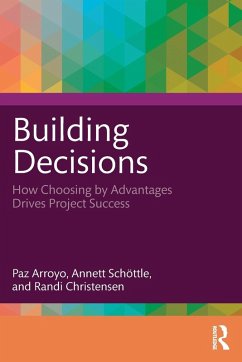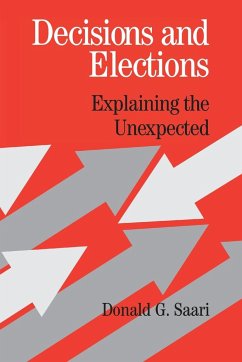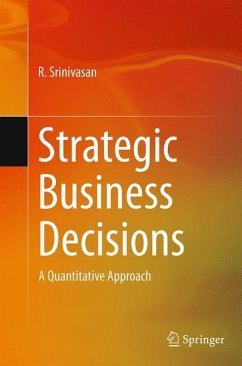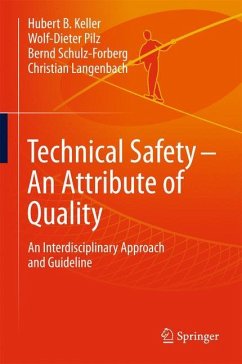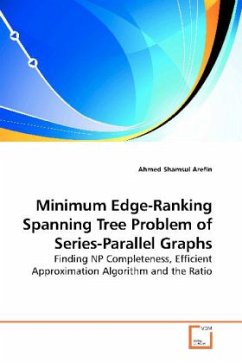
Parallel Attribute Decisions and the Presence of Human Mistakes
Correcting the Placement of Attention via Holistic, Systemic Thinking
Versandkostenfrei!
Versandfertig in 6-10 Tagen
45,99 €
inkl. MwSt.

PAYBACK Punkte
23 °P sammeln!
Decisions among alternatives that do not fit rigorous numerical frameworks are common. Such decisions, in which the various aspects of the alternatives are considered simultaneously, are called a tradeoff studies. Tradeoff studies may be more common than optimization problems, but are not generally formalized in written form. Tradeoff studies are broadly recognized and mandated as the method for considering many criteria simultaneously. They are the primary method for making a decision among alternatives listed in the Software Engineering Institute s Capability Maturity Model Integration (CMMI...
Decisions among alternatives that do not fit rigorous numerical frameworks are common. Such decisions, in which the various aspects of the alternatives are considered simultaneously, are called a tradeoff studies. Tradeoff studies may be more common than optimization problems, but are not generally formalized in written form. Tradeoff studies are broadly recognized and mandated as the method for considering many criteria simultaneously. They are the primary method for making a decision among alternatives listed in the Software Engineering Institute s Capability Maturity Model Integration (CMMI) Decision Analysis and Resolution (DAR) process. The field of Decision Making can explain why the mechanics of tradeoff studies are approached with underconfidence, and can also help eliminate biases from the tradeoff process. Many conclusions obtained from Judgment and Decision Making (JDM), Cognitive Science and Experimental Economics can be used to shed light on various aspects of the tradeoff process. Of course, since many experiments were designed to reveal truths about choice at a basic level, they do not exactly model the processes of tradeoff studies.



